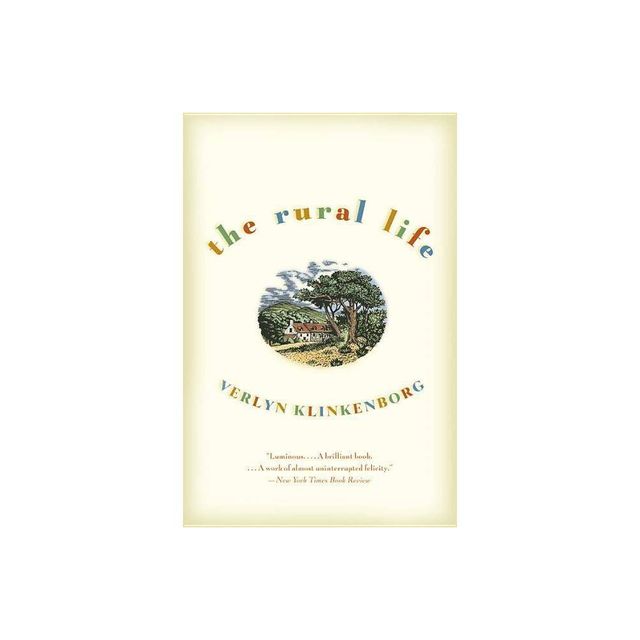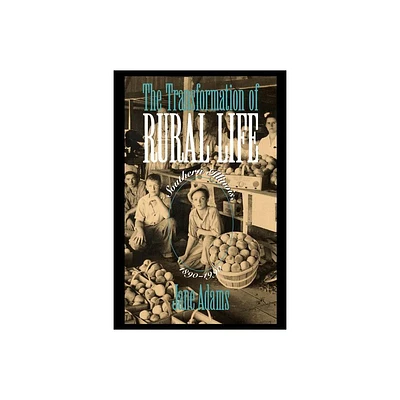Home
The Making of a Village: The Dynamics of Adivasi Rural Life in India
Loading Inventory...
Barnes and Noble
The Making of a Village: The Dynamics of Adivasi Rural Life in India
Current price: $55.99


Barnes and Noble
The Making of a Village: The Dynamics of Adivasi Rural Life in India
Current price: $55.99
Loading Inventory...
Size: OS
*Product Information may vary - to confirm product availability, pricing, and additional information please contact Barnes and Noble
The Making of a Village
examines the social and cultural life of indigenous peoples in India. It unfolds intimate aspects of Adivasi history such as the birth of a village, its demographic formation, forging of social relations, in- and out-migration, and the dialectics of the village as a socio-physical space during precolonial and colonial periods.
Drawing on oral, archival and empirical data from eastern India, it highlights the interconnected themes of inflection of identity; the change of the Adivasis from historic agents to colonial subjects and their arcadia to a servile landscape; and the indigenous notion of state. It also initiates a dialogue between the past and present to bring into sharp relief ideas of village community, indigeneity, migration, governance, colonialism, agency, subjecthood, rural change, environment and ecology.
Redefining the study of rural sociology in South Asia, this volume will be of great interest to scholars and researchers of modern Indian history, politics, development studies, sociology, social and cultural anthropology, Adivasi and indigenous studies, and South Asian studies.
examines the social and cultural life of indigenous peoples in India. It unfolds intimate aspects of Adivasi history such as the birth of a village, its demographic formation, forging of social relations, in- and out-migration, and the dialectics of the village as a socio-physical space during precolonial and colonial periods.
Drawing on oral, archival and empirical data from eastern India, it highlights the interconnected themes of inflection of identity; the change of the Adivasis from historic agents to colonial subjects and their arcadia to a servile landscape; and the indigenous notion of state. It also initiates a dialogue between the past and present to bring into sharp relief ideas of village community, indigeneity, migration, governance, colonialism, agency, subjecthood, rural change, environment and ecology.
Redefining the study of rural sociology in South Asia, this volume will be of great interest to scholars and researchers of modern Indian history, politics, development studies, sociology, social and cultural anthropology, Adivasi and indigenous studies, and South Asian studies.

















